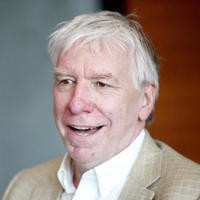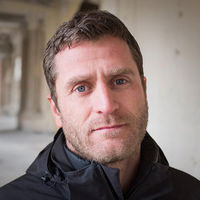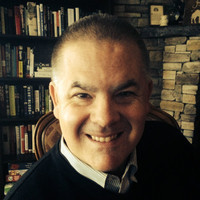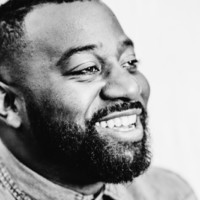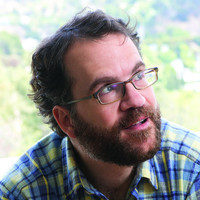Jack Hitt contributes to Harper’s, The New York Times Magazine, and This American Life.
“I’ve always lived more or less unemployed in these markets, and happily so. I think being unemployed keeps you a little more sharp in terms of looking for stories. It never gets any easier. That motivation and that desperation, whatever you want to call that, is still very much behind many of the conversations I have all day long trying to find those threads, those strings, that are going to pull together and turn into something.”
Thanks to MailChimp, Audible, and Squarespace for sponsoring this week's episode.
